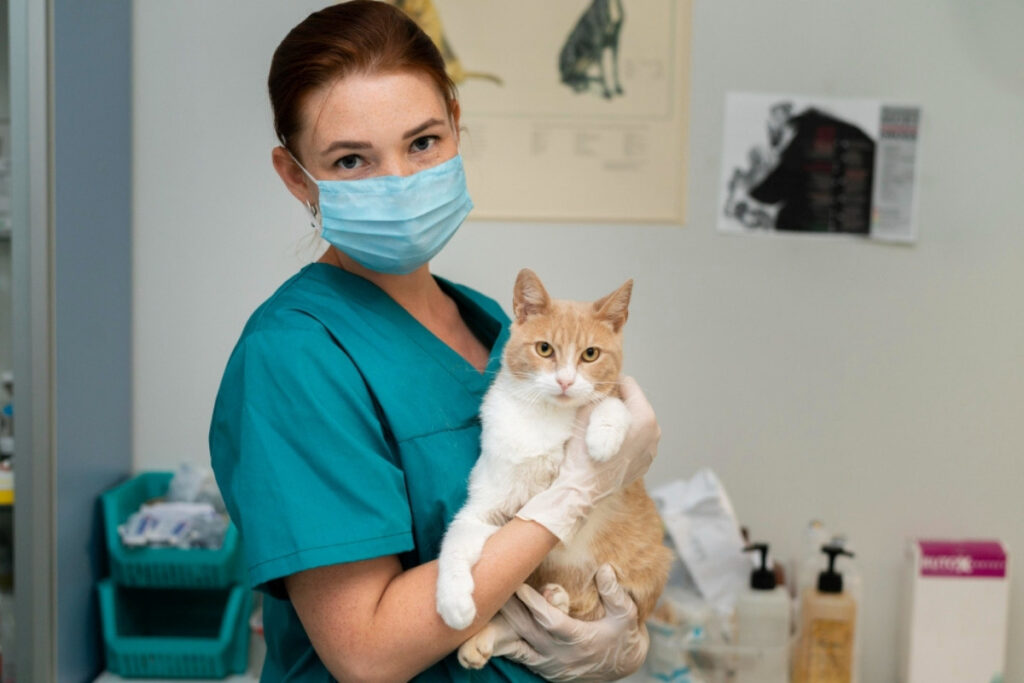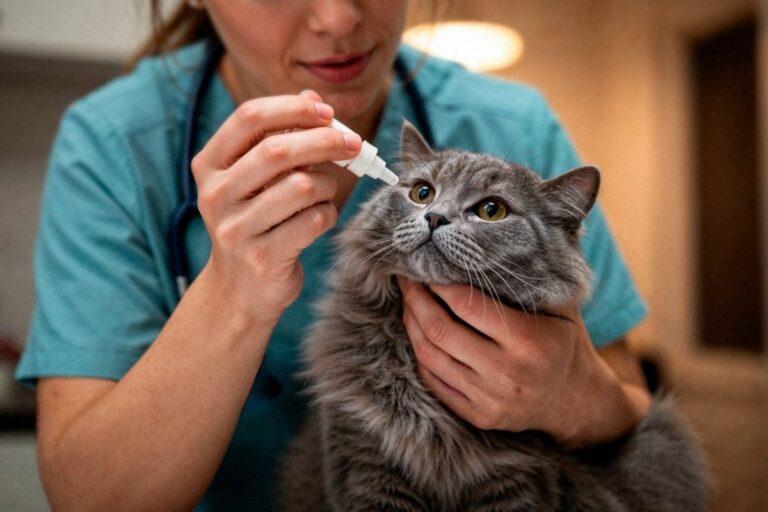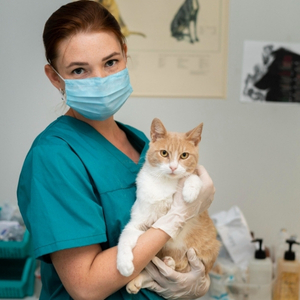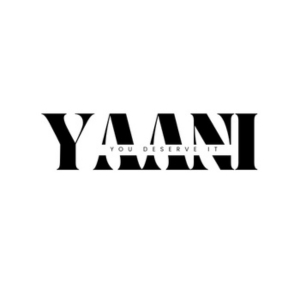Ultimate Cat Food Guide: Vet-Approved Tips, Best Ingredients & Food Types
Ultimate Cat Food Guide: Types, Ingredients, and Expert Tips for Every Cat Parent Choosing the right cat food is one of the most important decisions

Feline Leukemia Virus (FeLV) is one of the most common infectious diseases in cats. It suppresses the immune system, making affected cats more vulnerable to secondary infections, anemia, and certain cancers.
Did You Know? Roughly 2–3% of cats are FeLV-positive in the general cat population.
Supplements help boost the immune system, reduce inflammation, fight infections, and improve energy and appetite. Since there is no cure for FeLV, holistic support is critical for improving quality of life.
Vet Insight: Immune support can help reduce flare-ups and secondary illness risks.
• Chronic infections (respiratory, gum)
• Lethargy or low energy
• Poor appetite or weight loss
• Pale gums or anemia
• Dull coat and skin issues
Immune-boosting supplements can help FeLV-positive cats maintain stronger defenses by enhancing their immune response and supporting antiviral activity:
| Supplement | Primary Benefits | Usage Tip |
|---|---|---|
| L-Lysine | Supports immune system, may reduce viral load | Available as powder or liquid; follow vet dosage |
| Transfer Factor | Modulates immune response to improve defense | Use pet-specific formulas; consult vet first |
| Astragalus | Immune stimulant with antiviral properties | Use tincture or powder; avoid high doses |
| Turkey Tail Mushrooms | Enhances immune function and gut health | Choose extract with high polysaccharide content |
Herbal remedies can offer gentle, natural support to help FeLV-positive cats stay stronger, longer. These herbs are known for their immune-modulating, antiviral, and detoxifying properties:
| Herb | Primary Benefits | Usage Tip |
|---|---|---|
| Echinacea | Enhances immune response and may reduce viral replication | Use as a tincture; look for pet-formulated options |
| Olive Leaf Extract | Naturally antiviral and antimicrobial; supports immune defense | Always use alcohol-free, feline-safe formulas |
| Milk Thistle | Supports liver detox and helps manage medication side effects | Best given with food in small doses |
Important: Always consult your veterinarian before introducing herbal supplements, especially if your cat is on medication or has multiple health conditions.
External Resources for Further Reading:
Echinacea for Pets – VCA Animal Hospitals
Olive Leaf Extract and Pet Immunity – Animal Wellness Magazine

Multivitamin blends can help fill critical nutritional gaps in FeLV-positive cats especially when appetite is inconsistent or nutrient absorption is impaired. These blends typically support immune strength, energy levels, and overall cellular health.
• What They Do: Fill nutritional gaps, support cellular health
• Key Ingredients: Vitamin C, B-complex, Zinc, Omega-3
• Usage Tip: Choose feline-specific formulas to ensure correct dosing and bioavailability.
External Resources for Further Reading:
Multivitamins for Cats – PetMD
Supplements and Vitamins for Pets – VCA Hospitals
Should You Give Your Cat a Multivitamin? – Cornell Feline Health Cente
Why These Links Matter:
PetMD and VCA provide balanced, vet-reviewed advice on when supplements are appropriate.
Cornell is a gold-standard academic source, perfect for building E-E-A-T and trust.
Tip: Always consult your vet before using CBD or unregulated supplements.
A balanced diet is foundational for cats with FeLV. Choose high-protein, low-carb, grain-free foods with added taurine, omega-3s, and antioxidants.
Related: Ultimate Cat Food Guide
Vet Tip: Avoid raw diets for FeLV+ cats due to immunocompromised status.
While supplements offer support, they’re not a replacement for prescribed antiviral medications (like Interferon). A combined holistic and clinical approach often works best.
Supplements can be safe and helpful for FeLV-positive cats when chosen carefully and used under veterinary supervision. Cats with FeLV have weakened immune systems, so it’s important to select supplements specifically formulated for felines. Avoid human supplements and always discuss new additions with your vet to prevent interactions with medications or health issues.
No, supplements cannot cure FeLV. The virus integrates into the cat’s cells permanently. However, supplements support the immune system, help manage symptoms, reduce secondary infections, and improve quality of life, potentially prolonging survival.
Immune boosters (like L-lysine, Transfer Factor), antioxidants (vitamins C and E), herbal supplements (Echinacea, Olive Leaf Extract), and multivitamin blends tailored for cats are commonly recommended. Always choose high-quality products designed for feline use.
These supplements support the cat’s natural defenses, enhance antiviral activity, and may reduce the severity of infections. They do not eliminate the virus but help the immune system function more efficiently.
Supplements with iron, B vitamins, and antioxidants may alleviate some symptoms like anemia or fatigue by supporting blood health and cellular repair. However, they should be part of a broader veterinary treatment plan.
While generally safe when used properly, some supplements may cause digestive upset, allergic reactions, or interfere with medications. That’s why veterinary consultation is critical before starting any new supplement.
Results vary depending on the supplement, cat’s health, and disease stage. Some immune boosters may show effects within weeks, while others might take longer. Consistency and proper dosing are key.
Not necessarily. Each cat’s condition is unique. Your veterinarian can recommend the best supplements based on your cat’s health status, current treatments, and nutritional needs.
A balanced, high-quality diet is essential and often provides many necessary nutrients. Supplements are used to fill nutritional gaps, especially when cats have poor appetite, absorption issues, or increased nutritional demands due to illness.
Trusted sources include veterinary websites like PetMD, VCA Animal Hospitals, and Animal Wellness Magazine. Always cross-reference information and consult your vet before making decisions.
Both have their place. Natural supplements like herbs offer antioxidant and immune support, but quality and dosing vary. Synthetic vitamins can provide precise nutrient amounts. Vet guidance ensures the best combination for your cat.
Yes, some supplements can interact with antiviral or other medications. This may reduce effectiveness or cause side effects. Always inform your vet about any supplements your cat is taking.
Look for products made specifically for cats, with transparent ingredient lists, from reputable brands with third-party testing. Avoid fillers, artificial additives, and human products.
No, supplements support the infected cat’s immune system but do not prevent viral transmission. FeLV spreads mainly through saliva and close contact; preventing transmission requires strict isolation or testing and vaccination protocols.
Reduce stress, provide a clean environment, ensure proper nutrition, and keep up with vet visits. Supplements work best alongside comprehensive care.
Pro Tip: Always monitor your cat closely when introducing supplements and report any changes to your veterinarian promptly.
FeLV doesn’t have to be a death sentence. Supplements, alongside vet care and proper nutrition, can significantly improve your cat’s life expectancy and comfort. Focus on immune support, balanced food, and a stress-free home.
Also Read: Best Wet Food for Gastrointestinal Issues
Best Hypoallergenic Cat Food for Skin Allergies
Ultimate Cat Food Guide: Types, Ingredients, and Expert Tips for Every Cat Parent Choosing the right cat food is one of the most important decisions
Best Hypoallergenic Cat Food for Skin Allergies: Top Picks & Expert Tips If your cat is constantly scratching, licking, or dealing with bald patches and
Best Wet Cat Food for Gastrointestinal Problems Gastrointestinal (GI) issues in cats can be distressing — for both the feline and the pet parent. Whether
Why Is My Cat Throwing Up Undigested Food Hours After Eating? It’s alarming when your cat vomits undigested food well after mealtime. Is it simply
Why Is My Cat Losing Weight Suddenly? 10 Common Causes and What You Should Do table of content Is Sudden Weight Loss in Cats Serious?
Best Non-Prescription Cat Food for Urinary Health: A Complete Guide table of content Understanding Urinary Health in Cats A healthy urinary tract helps your cat

